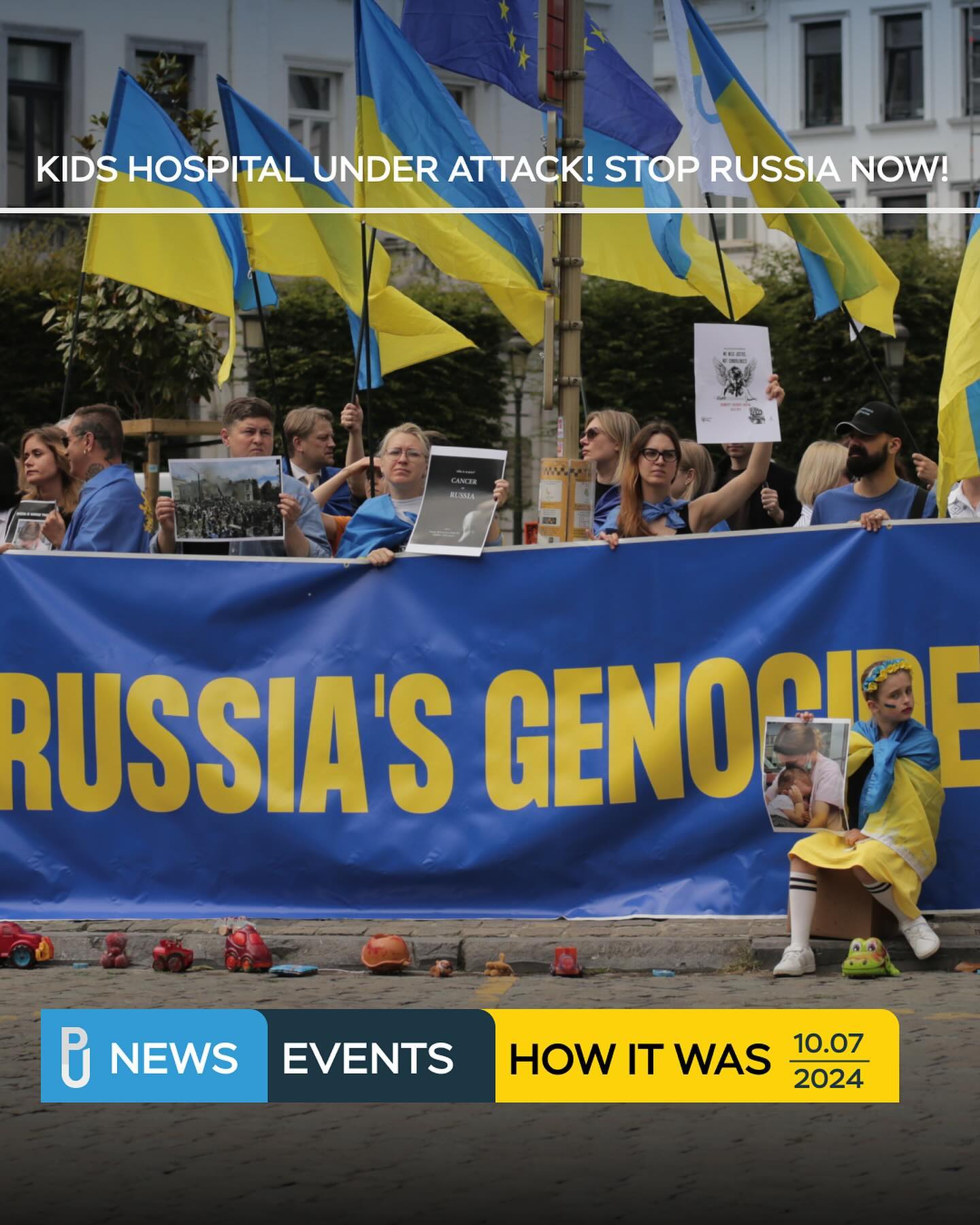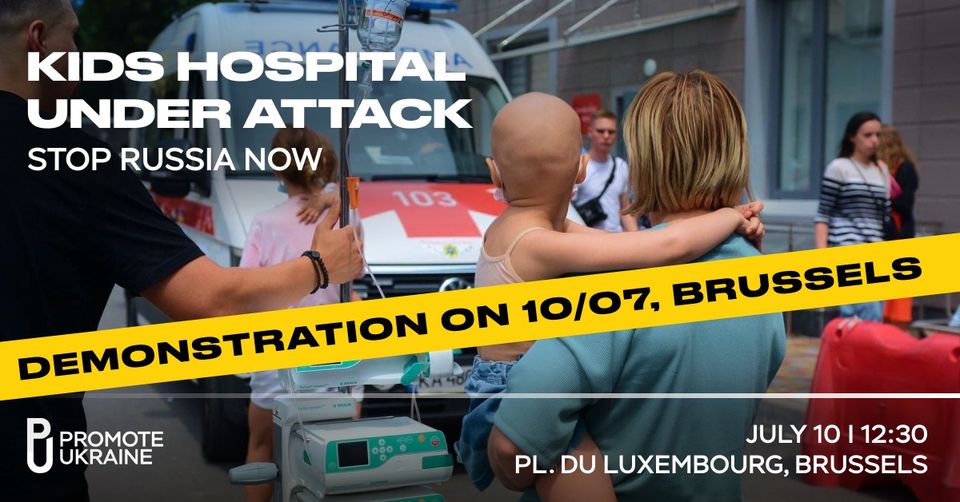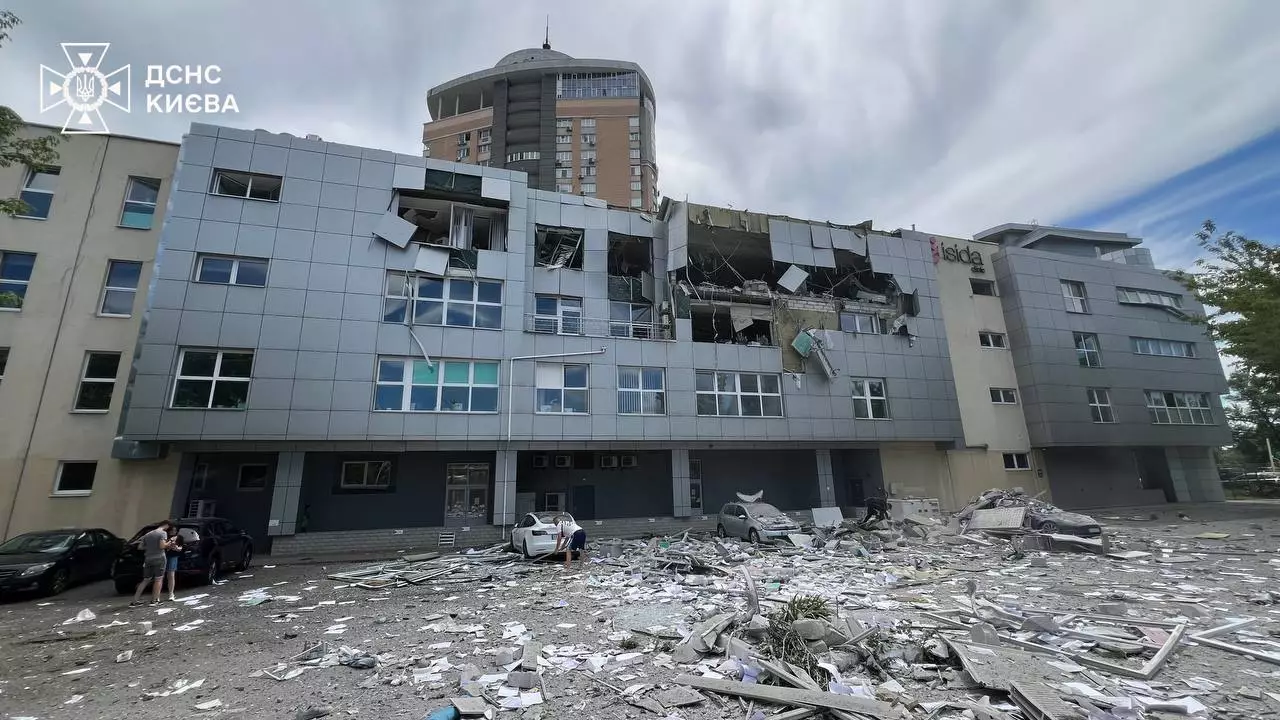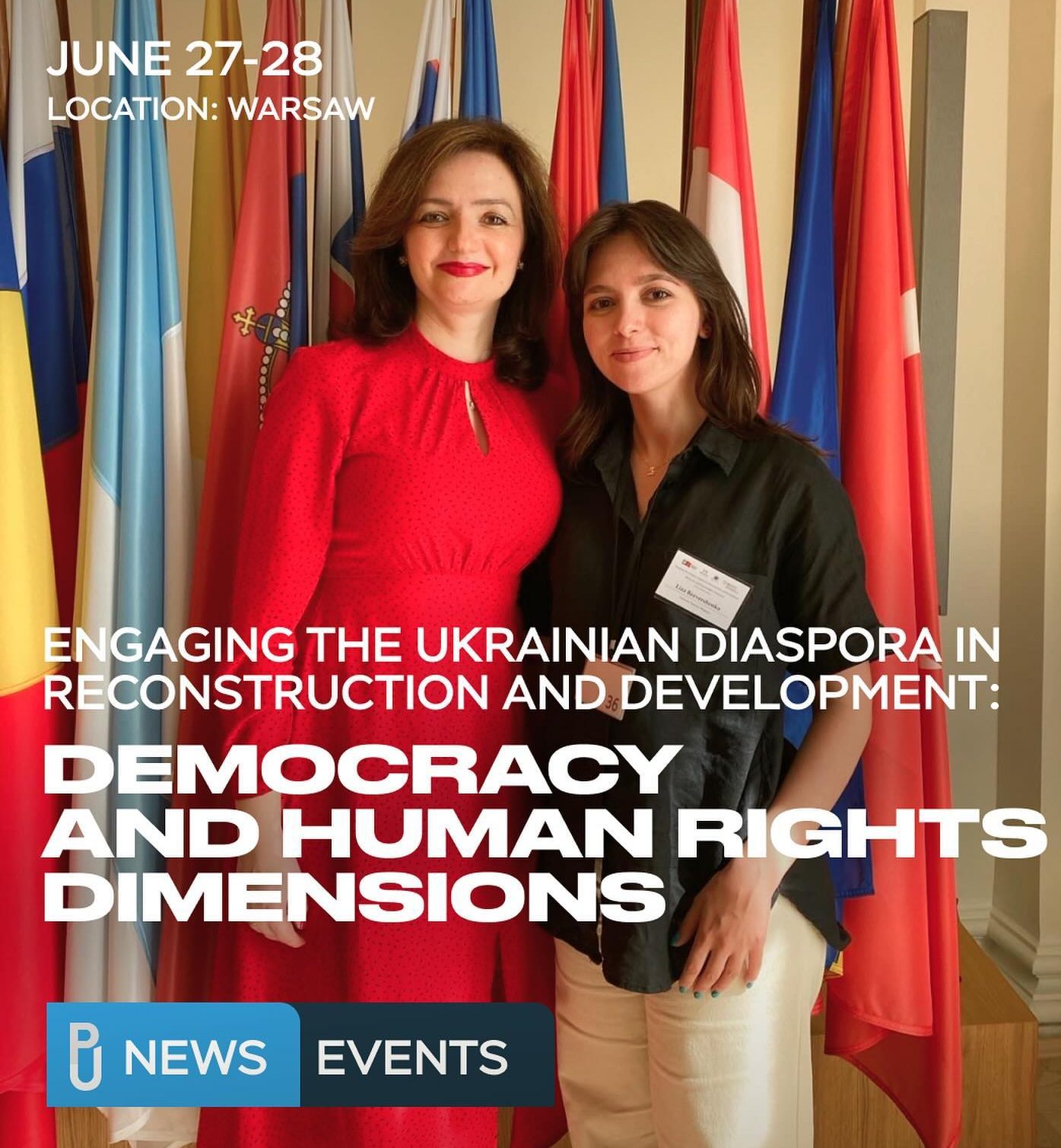The first judgement of the European Court of Human Rights on compulsory vaccination left many questions open, creating a wide field for manipulations.
Solidarity duty
In the decision the Court proclaimed social solidarity a “duty to protect those on whose behalf the remainder was asked to assume minimum risk in the form of vaccination.”
When pleading before the Court in the case of Vavricka v Czech Republic the government stated: “approximately 100,000 children were vaccinated annually in the Czech Republic, the number of cases of serious, potentially lifelong, damage to health stood at five or six.” Despite this statement, without further examination and thorough investigation, the ECHR decided that five to six sacrifices are fine as long as 100,000 are safe[1].
There has been no such thing as solidarity in combination with enforcement in a democratic society, maybe in a despotic society yes, but not in a democratic one. Here, we act whether voluntary in solidarity or involuntary in obligation. Judge Krzysztof Wojtyczek gave a separate opinion. This judge is the only one out of 17 who voted against the decision. He notes that “the very idea of solidarity (…) presupposes spontaneous self-organisation, not sacrifises imposed by state power.”
Solidarity as coercion means sacrifice. In this decision the Court moves away from its established notion of dignity[2]. “The remainder” has the duty to accept the “minimal risk” of sacrificing their health/life for the benefit of the few vulnerable ones — not sacrificing temporary discomfort or some benefits, but sacrificing the most basic rights – to health and life. This sacrifice of few for the sake of majority makes a person an object for achieving the goal – that what should be avoided at all costs as becoming an object means dehumanisation and leads to the breach of Art. 3 of the Convention – the absolute right to dignity.
There are children who are not allowed to be vaccinated for health reasons. If these children are allowed to go to (pre)school[3] and the others who are not vaccinated for other reasons are not allowed to go to (pre)school, then that is conviction-based discrimination. But the two non-vaccinated children can get sick: one is allowed to go to school, the other is not. Of course, the valid argument is that the stronger ones (who are vaccinated) protect the weaker ones who are not vaccinated due to their health reasons. It is then a pure duty of solidarity for the sake of solidarity. But if so, then society owes it to the people who get sick (or die) from the vaccination, too – out of a duty of solidarity.
Yet, the Court establishes the duty of solidarity “from the remainder” but not towards those who are sacrificed at the end: “In view of this very rare, but undoubtedly very serious risk to the health of an individual, the Convention institutions have stressed the importance of taking the necessary precautions before vaccination. This evidently refers to checking each individual case for possible contraindications and monitoring the safety of the vaccines in use. The Court saw no reason in any of these respects to question the adequacy of the national system”..There is no explicit specification that the state is obliged to ensure the basic rights to health and life of those “five-six.” It just “does not question the adequacy,” but this case was a great opportunity for the Court to do so.
According to Judge Wojtyczek, the majority of judges failed to establish scrutiny for the state: the state almost did not have to justify itself. Some arguments of the applicant, like possible conflict of interest of the national decision-makers and those at WHO, unlimited discretion of the Minister of Health in deciding which vaccination should be compulsory, etc. had not been taken into consideration at all. The Court did not look into comparative analysis related to the other states’ experience and did not appoint independent experts to investigate all open questions.
The Court has not “scrutinised” the states in terms of making sure they do not abuse the power by closing their eyes to the potential conflict of interest of the decision-makers, advisers of the governments and vaccine manufacturers, and did not establish a proportionality test for the measures of the state.
Judge Wojtyczek believes that the counterargument that the vaccines have been tested and are considered as safe and approved by competent public bodies does not suffice to justify the obligation to vaccinate. It is not clear why in some cases the Court addresses the issue of the existence of less restrictive alternatives, whereas in other cases it explicitly rejects the test in question. Had the applicants known that the “less restrictive alternative” test would be rejected, they would have probably pleaded the case differently.
No impact on COVID-19 vaccination programmes
The judgement has been pronounced in the midst of the COVID-19 vaccination campaign around Europe, therefore it gives a feeling to the wide public that the Court would support the governments in introducing the compulsory vaccination against COVID-19, too. The media picked up the narrative of Mr. Hervieu who stated that it may be so. Yet, the first page of the judgement explicitly states: the case is about the standard and routine vaccines for diseases well-known to medical science.
Now, unfortunately, many of the bureaucrats and MPs have read or will read the news instead of the judgement and will sincerely believe they can introduce the “obligatory COVID-19 vaccination,” leaving aside the Resolution of the PACE from 27 January 2021 that the vaccination against COVID-19 should be voluntary, as well as the fact that some of these vaccines have only “conditional marketing authorisation” in the EU, not the final one.
The notions of “compulsory” as well as “solidarity” should be better defined. The open questions are: which criteria for the vaccine to be compulsory are to be accepted – only those well-known to the medical science having final authorisation from competent authorities or the ones having “conditional authorisation,” too? Would that not contradict the international consensus about bioethics? Who should assume responsibility for those few who are “sacrificed” for the sake of millions? Which other basic rights can be subordinated to the notion of solidarity and to what extent?
All these questions have been left for interpretation by states and media. Those in power are obliged to read the full judgement and dissenting opinions and rely on their conscience before introducing compulsory COVID-19 vaccination – a change that may have a tremendous impact on our societies.
Marta Barandiy
[1] Just for comparison: In 2009 during the Swine flu, a vaccine called Pandemrix damaged the life of 1,500 children and adolescents for 30 million to be saved from the flu. After five years, the authorisation for Pandemrix in the EU was withdrawn. Scientific studies had found that the vaccine caused narcolepsy (non-curable sleeping disorder) in children and adolescents. The proportion was around 1 per 18,400 vaccine doses. This makes around five to six per 100,000, too, the same proportion as in the case pleaded before the ECHR. Yet Pandemrix was withdrawn, while childhood disease vaccines in the Czech Republic can be forced into humans for the sake of the value of solidarity, according to the Court.
[2] Ribitsch v Austria; Gaefgen v Germany
[3] The Court left it unclear whether excluding from the compulsory attendance of the school (duty of the parents and the state) is permitted if the duty to get vaccinated is not fulfilled.






 UA
UA FR
FR DE
DE




